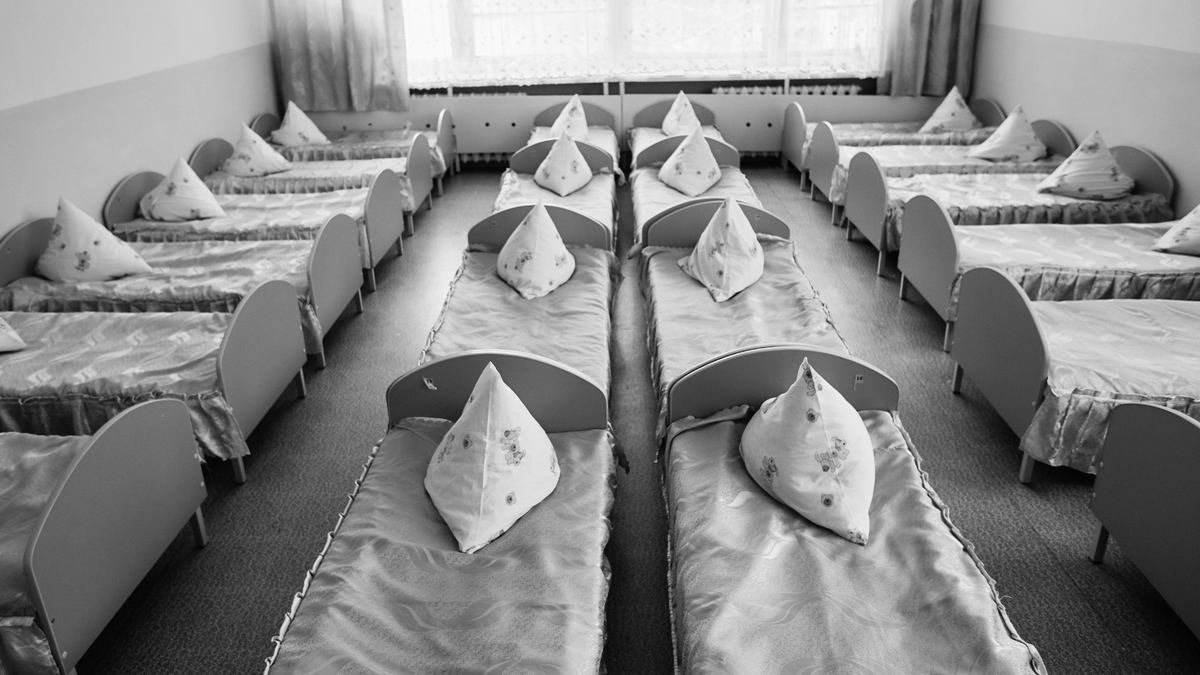Interview with Angela Sincovici
We spoke to Angela about her work and why psychological support for those affected by the war is so crucial.

We spoke to Angela about her work and why psychological support for those affected by the war is so crucial.
An estimated eight million children still live in institutions across the world. Deinstitutionalisation involves strengthening and developing services to prevent children being separated from families. ...
In some European countries, children born with certain disabilities are denied access to basic life-saving treatment. This may be because parents are given no information ...